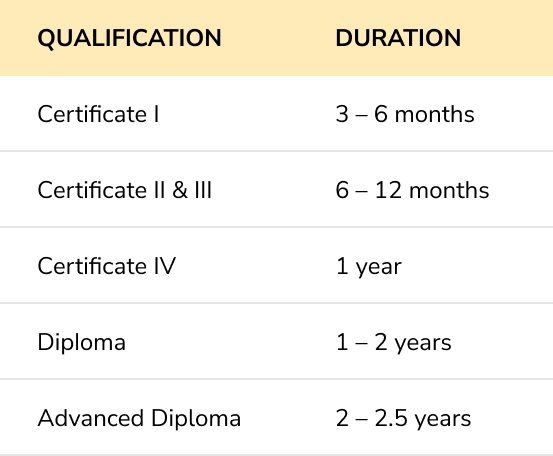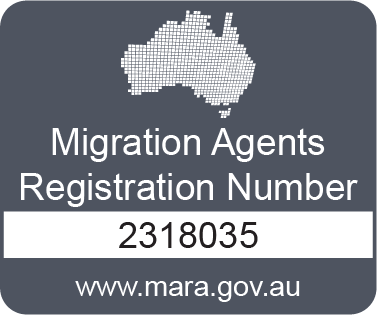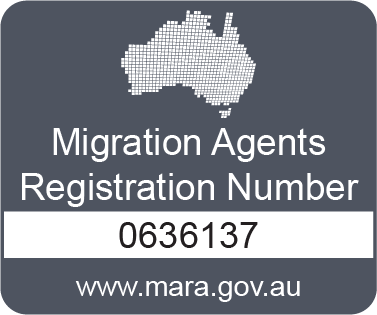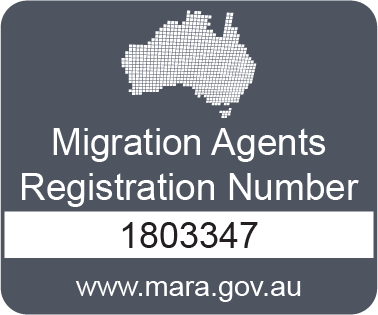Home » Study options
What are my study options?
First One Education Migration can assist you to enroll in the most suitable course that you need

English Course
Vocational Course
Higher Education
English Courses
General English
This course is offered for students with beginner to intermediate levels of the English language.
The General English course will help the students develop and improve their English skills for:
- Daily usage
- Speaking, listening, reading, and writing
Preparation and admission for Vocational courses
IELTS Preparation
This course is designed to develop the language skills and knowledge of Intermediate to Upper Intermediate level students, and to prepare them for the general or academic modules of the IELTS test.
Cambridge exam preparation (FCE, CAE, PET, CPE)
You can learn the test-taking techniques and have a complete understanding of the Cambridge Exam’s structure in these courses. It gives you the opportunity to take practice exams, discover the best strategies, and feel certain on test day.
There are various Cambridge Exam Preparation Courses available, including those for the First Certificate (FCE), the Certificate in Advanced English (CAE), the Certificate of Proficiency in English, and the Preliminary English Test (PET) (CPE).
English for academic purposes
Preparing you for study at an English-speaking university, higher education or vocational institute
English for teaching (TESOL)
You want to teach English in schools in your own country. These courses include TESOL (Teaching English to Speakers of Other Languages, EfTC (English for Teaching Children.)
Vocational Courses
Vocational courses in Australia, called VET (Vocational Education and Training), are training courses offered by accredited Australian educational bodies. A CRICOS-registered institution is required for enrolment of international students. They are designed to prepare the student for a particular profession and have a strong practical focus. The work placement component of VET courses implies that in addition to learning theoretical material in a classroom setting, where the student also gain practical experience in the workplace.
The occupational skills and competences acquired are the main focus of VET qualifications, which are outcome-based. The Australian Qualifications Framework (AQF) acknowledges past knowledge or current industry competence. This facilitates credit transfer and provides students with flexible learning options. Four levels of certifications (Certificate I, II, III, and IV), as well as Diploma and Advanced Diploma courses, provide the whole spectrum of qualifications.
Certificate courses
These courses provide introductory skills and training, delivering industry-specific knowledge and skills in communication, literacy and numeracy, and teamwork. They vary in length from six months to two years.
If you wish to continue in higher education, these certificate programs are usually packaged with Diploma courses.
The general aims of Certificate level courses are to:
prepare candidates for both employment and further education and training;
recognize skills and knowledge that meet national industry standards.
Certificates I and II are qualifications which recognize the students’ basic vocational skills and knowledge.
Certificates III and IV are the equivalent of trade certificates in various vocations. These prepare students for both employment and further education and training in their chosen field.
Entry requirements and costs
Entry requirements vary greatly from institution to institution and from course to course.
In general, to begin a certificate level course, students need:
- a qualification equivalent to year10-12 in an Australian high school;
- an English language proficiency of IELTS 5.5, PTE or equivalent in other accepted language tests. OR Student can take free English placement test in the college.
Cost of VET for overseas students
Course fees vary greatly depending on the course and/or the institution. As a general guide, international students are charged tuition fees of $A5,500 to $18,000 per year.

Diploma courses
Diploma courses aim to:
Prepare students to use their skills and knowledge based on fundamental principles and complex techniques;
Recognize the ability to show initiative and judgement across a broad range of technical and management functions;
The Advanced Diploma is a more specialized qualification that shows skill and knowledge of a greater complexity and a higher level of personal accountability.
Higher Education Courses
Higher education courses are offered by universities, private colleges and some TAFE institutes. There are some courses like medicine, law and architecture that are only offered by universities
Graduate certificate
A graduate certificate is an Australian Qualifications Framework (AQF) level 8 postgraduate coursework qualification that typically requires 0.5 years (or 1 semester) full-time enrolment or equivalent to complete.
Graduate diploma
A graduate diploma is an Australian Qualifications Framework (AQF) level 8 postgraduate coursework qualification that typically requires 1 year (or 2 semesters) full-time enrolment or equivalent to complete. Both the Graduate Certificate and Graduate Diploma are generally intended for specific professional reasons, such as enhancing undergraduate-acquired skills and knowledge or developing professional skills and knowledge in a new field
Bachelor degree
For entry into many professional occupations, a bachelor’s degree still serves as the requirement. A bachelor’s degree may serve as the ticket to a more rewarding career. It provides the foundational training necessary for a professional job, which requires at least three years of full-time study (although there are some institutions that offers a fast track system that can shorten the study period to 2 years depending on the course).
Master’s degree
Master’s degrees offer mastery or a thorough overview of a particular subject area or branch of professional practice. Usually, they require one to two years of full-time study. The master’s degree can be obtained in one of three ways:
- Master’s degree (coursework): These include a variety of project work, coursework, and research assignments. The usual prerequisites for admission are the successful completion of a bachelor’s degree, a bachelor’s degree (honours), or a graduate certificate or certification.
- Master’s degree (research): These have a thesis or research project that is at least two-thirds research and is frequently evaluated externally. An honours bachelor’s degree or the first year of a master’s programme is typically required for entry.
- Master’s degree (extended): These might include a project based at work. Entry requires a relevant degree and professional expertise, or substantial relevant professional experience.
Doctoral degree
Doctoral degrees acknowledge a significant original contribution in the form of new knowledge or the adaptation, application, and interpretation of pre-existing information to a specific discipline. Typically, they take three or four years of full-time study to complete. There are two ways to obtain a doctorate:
- Research doctorate (PhD): These primarily involve supervised research leading to the completion of a thesis. Applicants must hold a bachelor’s degree or a master’s degree by research (honours).
- Professional doctorate: For professionals seeking to expand their knowledge in their sector without the research commitment of a PhD, these combine coursework and research. Typically, a master’s by research or a bachelor’s degree is required for entry (honours). Significant professional experience is also necessary, either prior to or during the course.
Entry requirements
Students need to meet both a sufficient level of English language proficiency and the minimum academic requirements before they can be admitted to an Australian university.
English language proficiency
Australian education institutions can only accept students with an appropriate level of English proficiency. Institutions set their own English language requirements. The language proficiency entry levels may be different from those required for a student visa.
Academic requirements
Institutions are free to determine the academic requirements for entry to their courses.
For international students who have attended an Australian High School, entry to higher education institutions is normally based on completion of Year 12 and determined by the student’s tertiary entrance score or rank.



